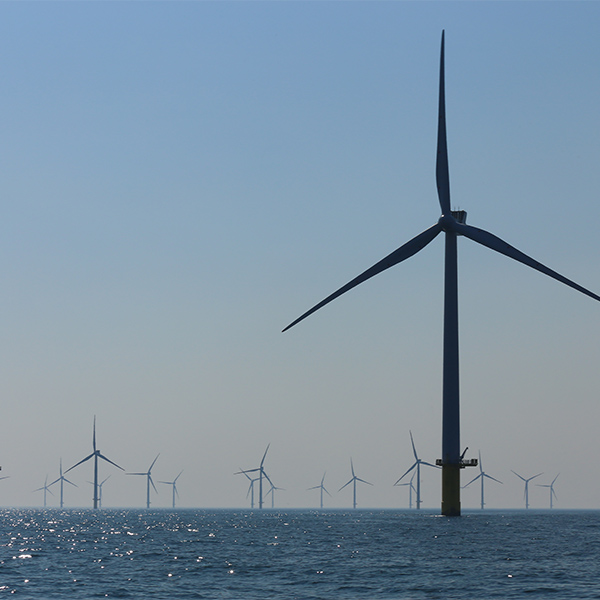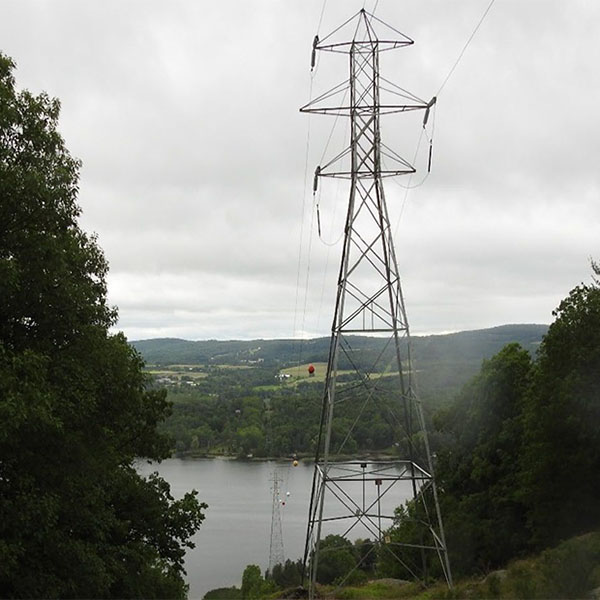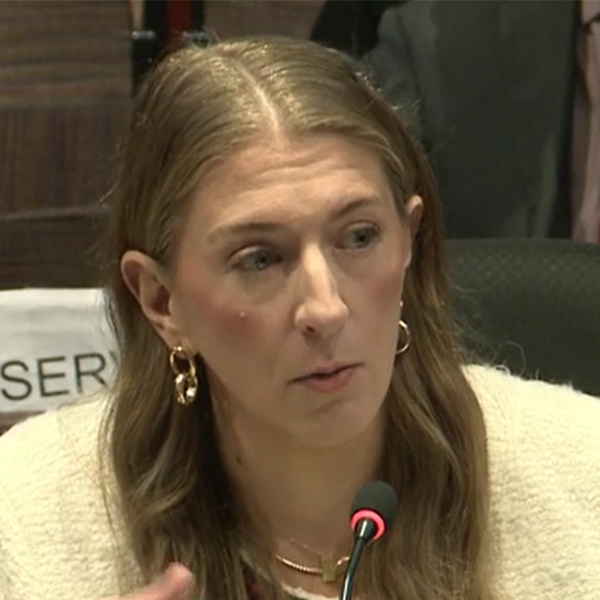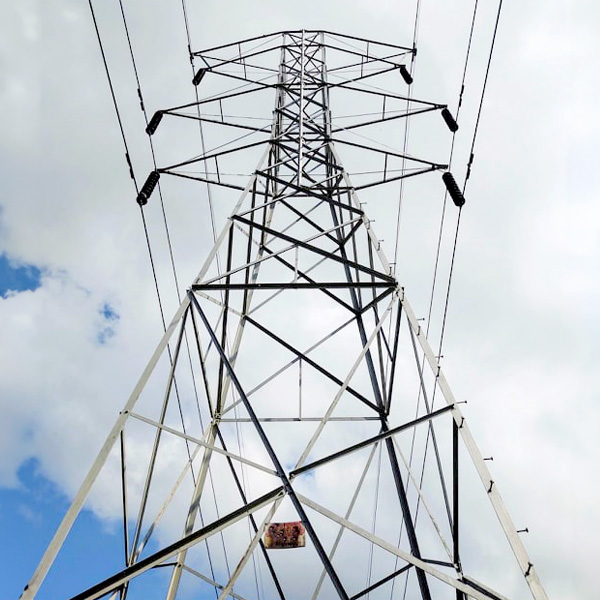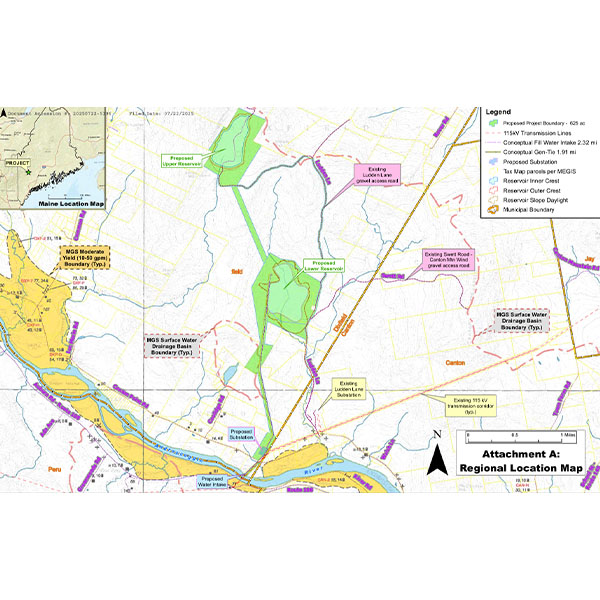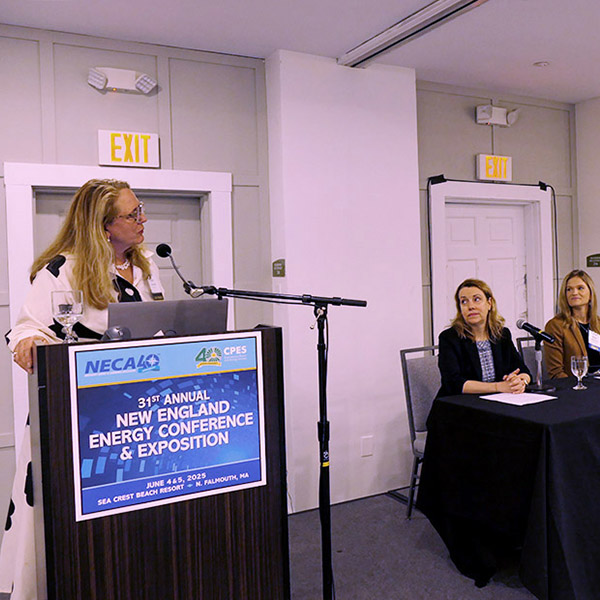Connecticut
Debates about affordability continue to dominate state-level energy policy debates throughout New England, shifting the focus away from decarbonization, a panel of experienced lobbyists said.
Weather-normalized electricity demand has increased by about 2% in Eversource Energy’s service territories in New England, in part due to heating and transportation electrification, CEO Joe Nolan said.
For the Connecticut Public Utilities Regulatory Authority to succeed, an honest, thorough accounting of the Marissa Gillett era is required, says Bryson Hull.
ISO NE CEO Gordon van Welie talked about the evolving grid in New England and how markets are changing and what the future holds as state policies drive higher demand and increasing decarbonization.
The forthcoming resignation of Connecticut Public Utilities Regulatory Authority Chair Marissa Gillett has created high-stakes questions around the state’s adoption of a comprehensive performance-based regulation framework.
Eight New England transmission companies must provide the Maine Office of Public Advocate with more information on asset condition projects placed in service in 2022, FERC has ruled.
A developer in Maine is evaluating whether pumped storage – one of the oldest generation technologies still used on the New England grid – could play an increased role in the grid of the future.
ISO-NE warned any significant delay of the Revolution Wind project will increase risk to the reliability of the New England grid and undermine the region’s economy.
The pace of load growth has picked up across Eversource Energy’s service territories in the Northeast, the company said during its second-quarter earnings call.
New England is unlikely to see the development of large-scale data centers in the next 10 years but likely will see smaller-scale developments, industry experts said at the New England Energy Conference and Exposition.
Want more? Advanced Search
